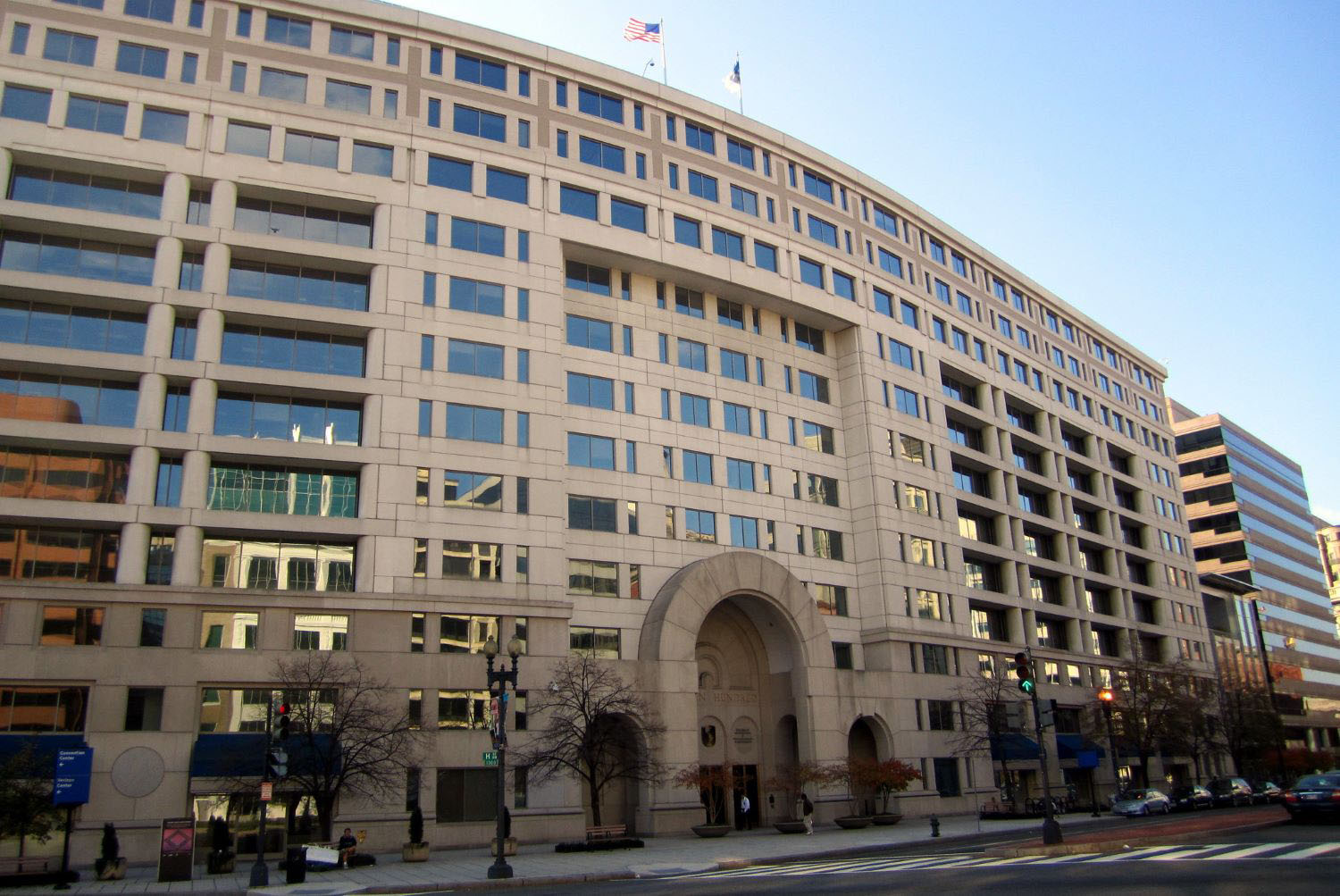Arnold "Al" Harberger came to Washington and to CGD on Friday. For those readers who don't know, Al is, among other things, known as the father of the "Chicago Boys" -- young economists from Chile and elsewhere in Latin America who trained at the University of Chicago in the 1970s and returned to lead the reform of their countries' economies. Al is also a long-time advisor to governments around the world, especially in Latin America, where he is universally known as "Alito," and a teacher in all the best economic departments. Harberger is also a professor at the University of California Los Angeles (UCLA) and chief economist at USAID.It was a very special day for Washington's development economists, a hardy bunch who arrived by the score despite the summer heat, as well as for me personally. I first met Al almost 40 years ago when I started my PhD program at Chicago. There, he was part of a group of economics faculty members that I have come to see as the most extraordinary collection of "policy-economists," as Al calls them, ever assembled.Al's talk Friday had me worried, especially when he asked for a "white board." I reminded him that this was not to be an academic lecture; he told me not to worry, and indeed, there was no need for concern.Al spoke eloquently and persuasively about two broad themes (see event page When Capital Earns a 20% Real Return, What is Left for Labor? A Glimpse into Latin American Reality for photos and transcripts). First, on how the high returns that capital demands in order to be active in Latin America (20 percent plus) may be squeezing the returns to the less mobile factor of production, labor. He also spoke about the push back we are seeing, especially in Latin America, on what we might call conventional neo-classic economic policy -- John Williamson's Washington Consensus (John was a discussant at Friday’s event).These themes are related. Al's main point was that bad policies (protectionism, weak property rights, red tape) make capital demand high rates of return, and that leaves less for everyone else. The Washington Consensus has come in for a lot of bashing since John first coined the term in 1987. But just maybe it's not the Washington Consensus that is the problem. Maybe it's that countries have not taken the messages of the Consensus sufficiently seriously.After the event one participant approached me to say, "Dennis, you really need to do more of this -- bringing the great names in development economics to CGD, and just letting them talk." It was a treat to listen to Al and to be reminded that good and clear economic thinking still has a place in Washington's world of political correctness and policy compromise.
CGD blog posts reflect the views of the authors, drawing on prior research and experience in their areas of expertise.
CGD is a nonpartisan, independent organization and does not take institutional positions.





